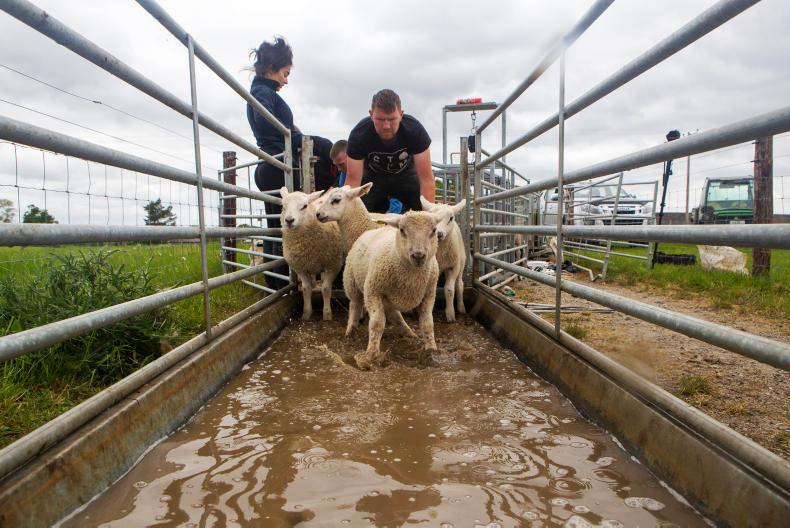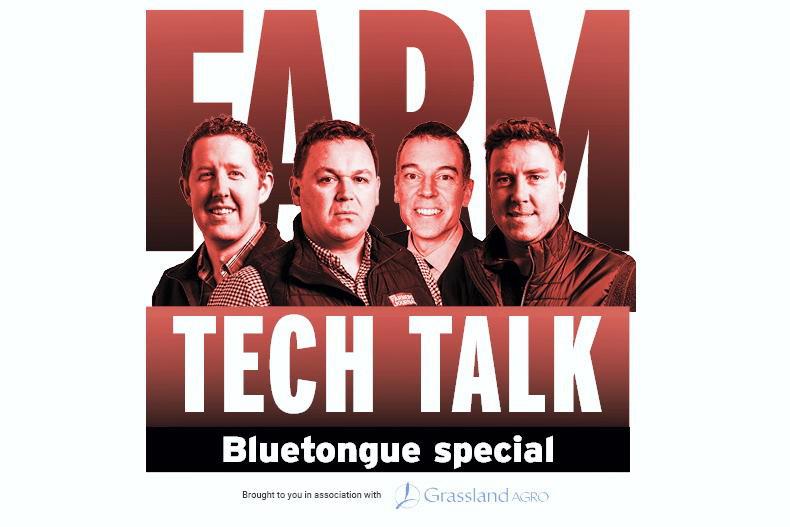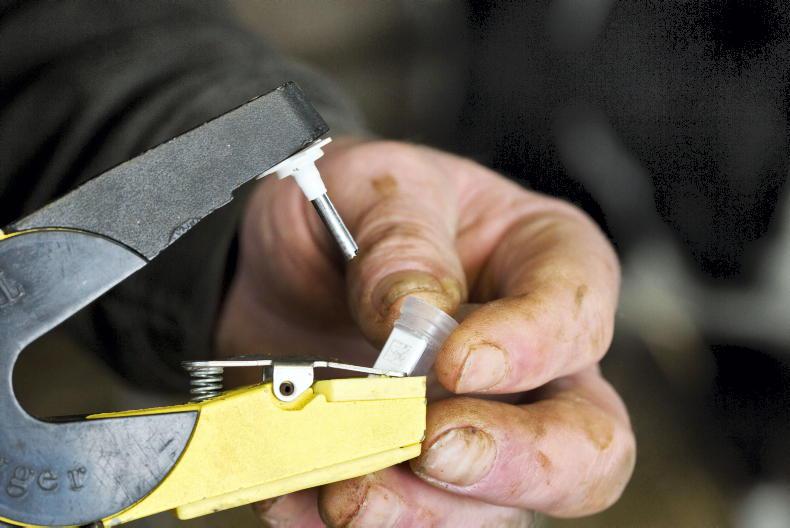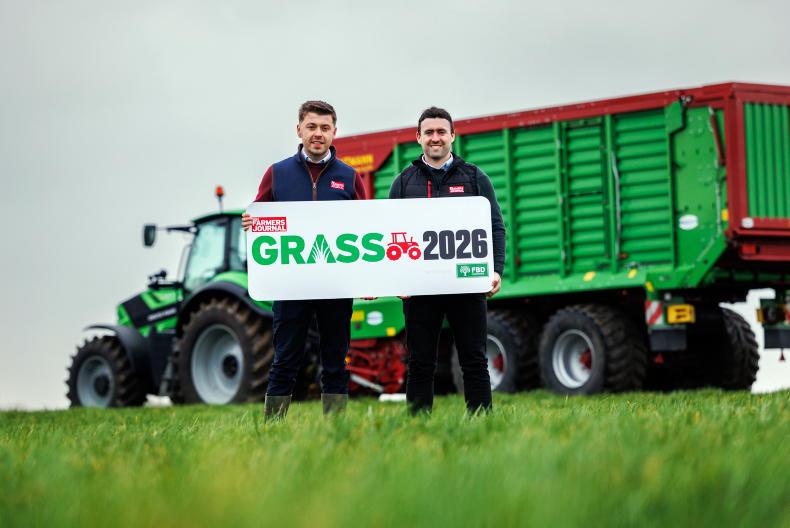The main issues facing farmers during the corresponding period in 2019 were the implementation of mandatory electronic identification (EID) across all sheep and a reduction in the range of products available on the market for dipping sheep.
There has been some improvement on the latter topic where a resolution in supply issues has reintroduced Cyperguard back on to the market for Irish farmers. Blowfly is not being reported as early in 2020 but tick-borne diseases are presenting a risk earlier.
EID tagging appears to have bedded in but farmers continue to face higher costs and await market access for sheepmeat to the Chinese and US markets
We review available products on the market for addressing external parasites and should be taken into account when selecting the optimum control programme for your flock.
EID tagging appears to have bedded in but farmers continue to face higher costs and await market access for sheepmeat to the Chinese and US markets.
Granted, market access discussions are likely to be disrupted by the coronavirus pandemic, but all avenues should continue to be pursued, particularly when market performance in the EU is likely to remain disrupted in the coming months.
Challenges
Coronavirus has created numerous challenges for sheep handling at farm level. Merchants and animal health providers/veterinarians should be commended for making swift changes to their businesses to ensure any risk of supply issues have been avoided.
At farm level, all that farmers can do is continue to operate as efficient a system as possible and ensure aspects such as animal health, grassland management and drafting lambs for slaughter are all carried out optimally.
Grant aid
The targeted agricultural modernisation scheme (TAMS II) continues to provide an option for grant aid to improve handling efficiency.
The window for applications is narrowing and it is advisable for farmers to progress applications as soon as possible. More is covered in this regard in the buildings feature here.
The trade is unfortunately at a very low ebb
There are issues which are also outside of farmers’ control and wool markets are a perfect example of this. The trade is unfortunately at a very low ebb and, as such, it is difficult to have much value on wool.
However, it is still worth handling wool with care to maximise its value.
We also recap on advice where shearing contractors are visiting the farm.









SHARING OPTIONS